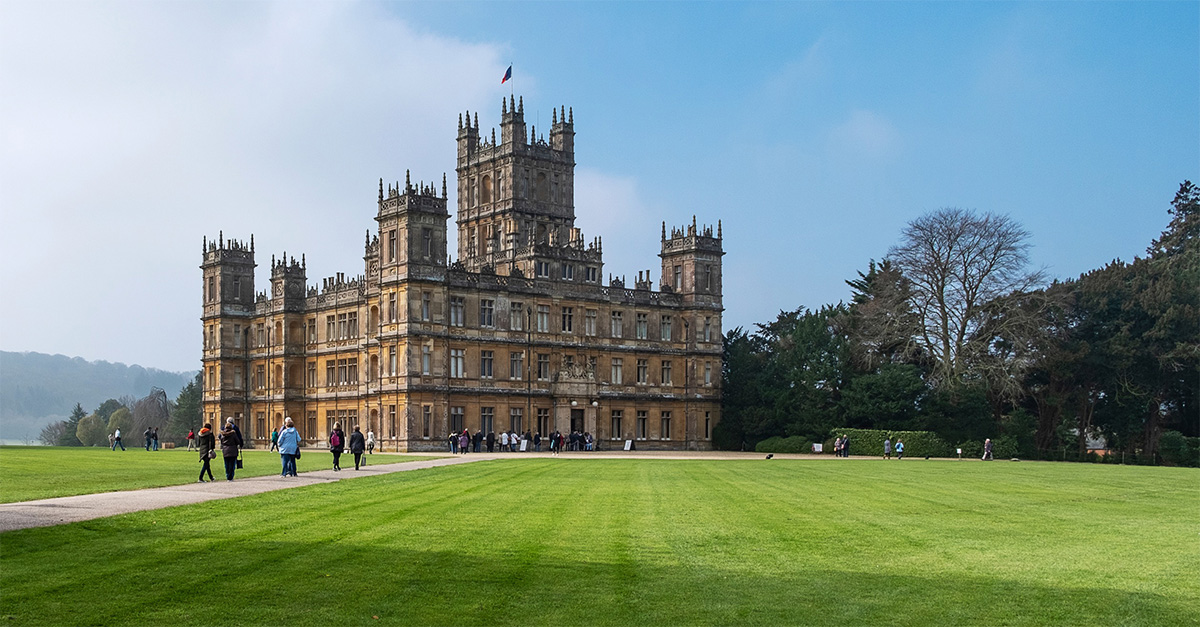It has been a turbulent 12 months for the travel industry. Travel Weekly looks back at the highs and lows of 2007…
January
The year starts in spectacular fashion for one man – new Thomas Cook group chairman and group chief executive Manny Fontenla-Novoa.
His appointment in December 2006 – putting him in charge of 23,000 European staff, 33 tour operators and 2,400 agencies worldwide – is the culmination of an astonishing rise through Thomas Cook’s ranks, with a career that began in a basement brochure print room aged 18.
The great and the good of the travel industry gather at London’s Grosvenor House Hotel to find out who has won the 2007 Travel Weekly Globe Awards. Travel Counsellors chairman David Speakman is honoured with a Globe for outstanding achievement.
Meanwhile, grim predictions follow the publication of professor Allan Beaver’s annual travel industry report this month.The renowned academic forecasts a price war in the package holiday market for summer 2007 after capacity was set by operators at 7% more than 2006’s sales levels.
February
It’s not long before the experts are proved right. Sales in the new year – traditionally the peak booking time – are sluggish and majors First Choice and Thomson slash prices online.
In some cases family holiday deals are cut by up to £500 to stimulate demand – bad news for independent agencies, which struggle to compete. Industry figures suggest sales so far for 2007 are down 17% compared with 2006.
But everyone is caught out by the deal that’s announced this month. Thomas Cook and troubled rival MyTravel announce a £3 billion merger, taking the big four to a big three.
The combined operation employs more than 19,000 people in the UK and unions fear as many as 9,000 jobs could be at risk as shops close and office functions are streamlined. At the same time, Thomson begins consultation with 900 staff to be made redundant.
March
 The United Nations World Tourism Organization sets out to counter future panic about bird flu with an online information source for the trade.
The United Nations World Tourism Organization sets out to counter future panic about bird flu with an online information source for the trade.
Its sos.travel site is launched to provide the latest World Health Organization updates, along with emergency systems developed by tourism organisations in the event of another bird flu outbreak.
Meanwhile, it doesn’t take long for the UK’s big three to become two. In direct response to the Thomas Cook/MyTravel merger, remaining travel groups Thomson and First Choice announce plans to unite.
The new TUI Travel group reveals ambitions to establish itself as a leading global travel provider amid concerns consolidation will leave the UK’s independent agencies frozen out.
April
Rising tax and interest rates in the UK appear to be putting the squeeze on holiday spending.
However, the trade can take comfort in the strength of sterling, which reaches a 26-year high against the dollar when it breaks through the $2 barrier.
US operators and agents predict renewed interest in the US after a slump in visitor numbers blamed on tough immigration controls and tax hikes.
And with the US in the news, it is Travel Weekly that makes a splash in the national newspapers this month when it reveals theme park giant Disney has been drafted in by the US Department of Homeland Security to improve the image of border officials.
May
British youngster Madeleine McCann goes missing from the Ocean Club in Praia da Luz, Portugal, while on holiday with her family.
Operator Mark Warner, which runs the resort, offers counselling to its staff while the hunt for the three-year-old continues.
Mark Warner promises to review security at the resort and offers holidaymakers the option of moving elsewhere or cancelling, and an advertising campaign is put on hold.
As summer nears, delays at UK airports get ever longer. The problem is made worse by the introduction of random testing of liquids in hand luggage.
June
Trading until June has been flat, prompting fears some operators and agents could fail unless business bounces back in the last 10 days of the month.
In June 2006 the football World Cup, followed by hot weather in the UK and security alerts at airports led to one of the worst summers for the trade in 30 years. Without these excuses, there is little cheer on the horizon.
Speaking at the Institute of Travel and Tourism conference in Gran Canaria, Thomas Cook chief executive Manny Fontenla-Novoa warned: “The industry has begun to plateau. If we hit tough times, a lot of companies face serious problems.”
Advantage chief executive John McEwan predicts a last-minute rush as consumers wait until within six weeks of departure to book.
July
 The travel industry heads for the High Court to overturn the Government’s plan to double Air Passenger Duty.
The travel industry heads for the High Court to overturn the Government’s plan to double Air Passenger Duty.
The Federation of Tour Operators’ case centres on the fact the increased flight tax goes against the Chicago Convention of 1944 that underpins air travel.
It also says the disproportionate effect on operators breaches their rights, claiming Treasury officials had forgotten the Package Travel Regulations would prevent the costs being passed on to passengers in the way airlines could.
British summer arrives – in the form of the worst flooding for 60 years. The spectacular downpours mean agents in the west of England, the worst affected part of the country, struggle to get in to work.
Agencies in towns such as Upton-upon-Severn, Tewkesbury and Gloucester battle blocked roads and cut-off water supplies to stay open.
August
There’s relief in the trade as Hurricane Dean passes through the Caribbean without significant damage.
The category five storm – the third most powerful since records began – skirts Jamaica and the Cayman Islands before making land north of Cancun.
Thomson reveals none of its 1,044 customers has been evacuated from Jamaica, although in Mexico the operator flies 1,300 clients home, with the remaining 1,600 staying in the country.
September
Despite worries the US financial crisis could cause a recession, World Travel and Tourism Council president Jean-Claude Baumgartern insisted travel spending would not be hit, saying, “The economy is strong enough to absorb the credit crunch.”
In the UK agents and operators remain bullish about travel spending, claiming Brits view a holiday as an essential item.
Global Travel Lounge managing director Peter Buckell said: “We are getting lots of families booking for 2008 and saying they will not forgo their main holiday.”
October
Business travel bosses are warned not to become complacent about travel’s impact on the environment or misunderstand the changing views of consumers.
Parador Travel Management account manager Robin Helps – a founder of carbon-consultancy company Less Carbon Helps – tells the Advantage Business Travel Conference in Zurich: “I love flying, but we need constraints on growth. Climate change is not going away.”
November
 Eurostar’s new terminal, St Pancras International, is opened by the Queen, while at World Travel Market at London’s ExCeL, campaigners protest against tour operators offering travel to Burma.
Eurostar’s new terminal, St Pancras International, is opened by the Queen, while at World Travel Market at London’s ExCeL, campaigners protest against tour operators offering travel to Burma.
ABTA’s travel convention was criticised for low agent attendance after it is revealed that only around 127 of the 1,191 delegates are frontline high-street travel agents and homeworkers.
However, much of this falls off the radar when the Travel Trade Association approaches Worldchoice shareholders with an offer, just as the consortium is trying to hammer out a merger with Global Travel.
The deal is further complicated by Global’s acquisition by Australian travel giant the Stella Group.
December
Agents are warned the introduction of new EC rules in July 2008 will leave them liable for fines of up to £5,000 should they fail to communicate the needs of disabled passengers to airlines.
The official launch of Cunard Line’s newest ship Queen Victoria is attended by around 2,000 guests.
However, the trade is left ‘in limbo’ by the Government’s failure to come good on its pledge to make an official ruling on package holiday legislation before Christmas.
MPs are set to debate the VisitBritain funding cut in the new year after calls from the Liberal Democrats.




